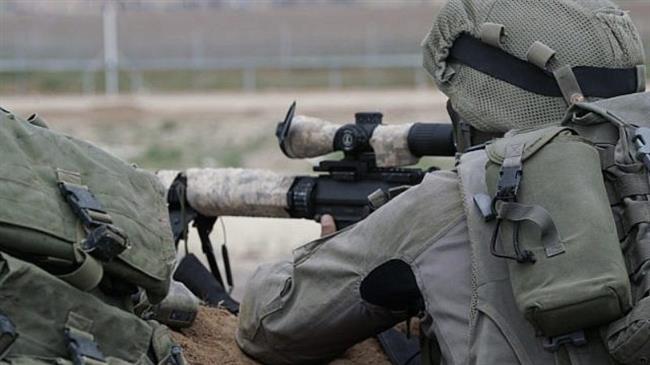
RNA - “We are doing everything possible to convince as many countries as possible to block the vote on Israel’s bid for a seat at the Security Council,” Riyad al-Maliki told reporters in the Saudi capital Riyadh on Thursday.
Maliki, who was speaking ahead of an Arab summit this weekend, said, “We need to secure the one-third vote necessary for a veto, and we believe we can, as Arab and Islamic states.”
He said the Palestinian effort to block the vote had also received significant support from European allies.
An entity “that violates international laws and conventions that violates UN resolutions and principles, cannot sit down to dictate the fate of security and peace around the world,” Maliki said of Israel.
“This is a clear violation of these principles and we must work to stop their plans. We need to make sure there are no surprises,” he said.
Israel, Germany and Belgium are in the running for two coveted spots at the Security Council. The 193 members of the UN General Assembly are scheduled to vote on the seats in June.
In all, five seats are up for grabs but three of those are reserved for Africa, Latin America and the Asia-Pacific region, which traditionally have rallied around one candidate from their group.
The five new members will serve a two-year term starting in 2019.
In November 2012, the United Nations General Assembly voted to upgrade Palestine’s status from “non-member observer entity” to “non-member observer state” despite strong opposition from Israel.
Israel occupied the West Bank and East Jerusalem al-Quds during the Six-Day War in 1967. It later annexed East Jerusalem al-Quds in a move not recognized by the international community.
Irish envoy summoned over anti-Israeli action
Separately, the Israeli ministry of foreign affairs on Thursday summoned Irish Ambassador Alison Kelly in connection with the Dublin mayor’s participation in an anti-Israeli demonstration in the West Bank city of Ramallah as well as with “two hostile decisions against Israel taken this week by the Dublin city council.”
Earlier in the week, the Dublin city council urged the Irish government to boycott Israel and expel its ambassador from the country over the killings of anti-occupation protesters in Palestine.
In reaction to the move, Israel said it would deny entry to Dublin Mayor Micheal Mac Donncha. However, the mayor entered Israel on Tuesday night on the way to an event in Ramallah.
Mac Donncha said he was unaware that he had been banned, and passed through immigration at the Tel Aviv airport because the ban order sent to immigration officials misspelled his name.
According to Press TV, the Israeli Foreign Ministry also said it expected an official response from the Irish government on the actions of the mayor and the Dublin City Council, “who are waging a campaign of hatred and discrimination” against the Tel Aviv regime.
More than 30 Palestinians have been killed and hundreds wounded by Israeli forces since March 30 as thousands have approached the Gaza border fence for anti-occupation rallies.
Protesters are being shot by Israeli snipers while posing no threat.
The Gaza Strip has been under an Israeli siege since June 2007. The blockade has caused a decline in the standards of living as well as unprecedented levels of unemployment and unrelenting poverty.
847/940